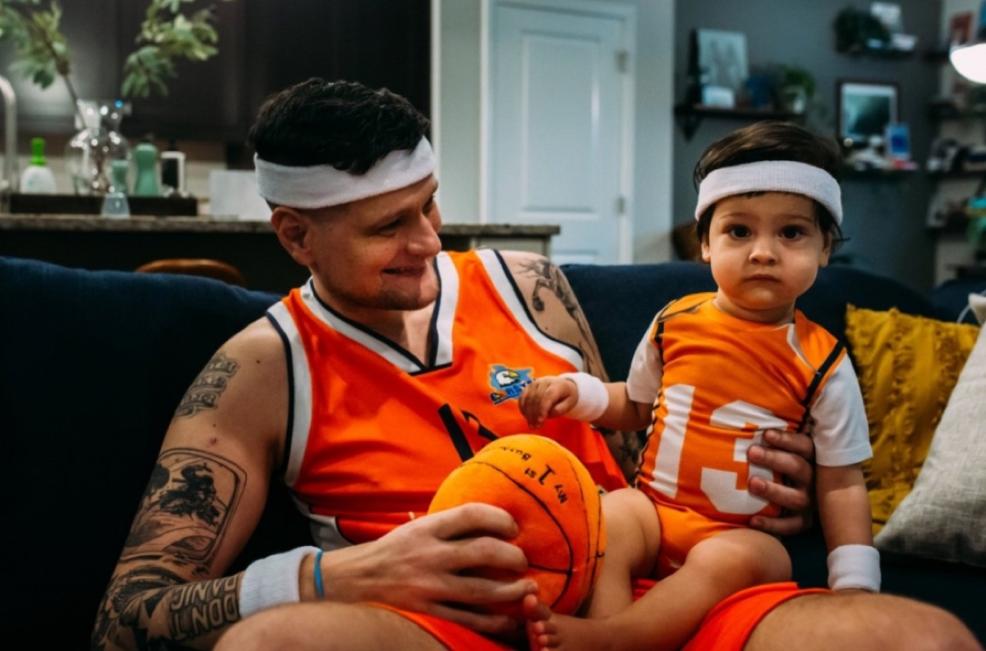
Milos Bogetic, 35, was born in 1985 in Sarajevo, Bosnia (then part of the Socialist Federal Republic of Yugoslavia) barely a year after the Winter Olympics were held in the picturesque mountain town. Around the age of six he and his 11-year-old brother and parents headed south for a five-day vacation to his father’s village in neighboring Montenegro.
On the way back home, they phoned his maternal grandmother in Sarajevo to let her know when they’d arrive. She told them to turn back. There was shooting in the city.
Soon the border between the two republics was shut down. Five-days later a full-blown sectarian war broke out. Another family moved into their apartment. What would come to be known as the Bosnian War would rage for five years. Yugoslavia would be torn apart. He would never see his home again.
“We escaped by sheer luck. We knew there was tension, but we thought it was never going to spill over into actual war,” recalled Bogetic. “We had two carry- on bags in a new country. Thankfully, my father had some family who were able to help us get started again. But we lost all of our stuff and apartment and everything.”









